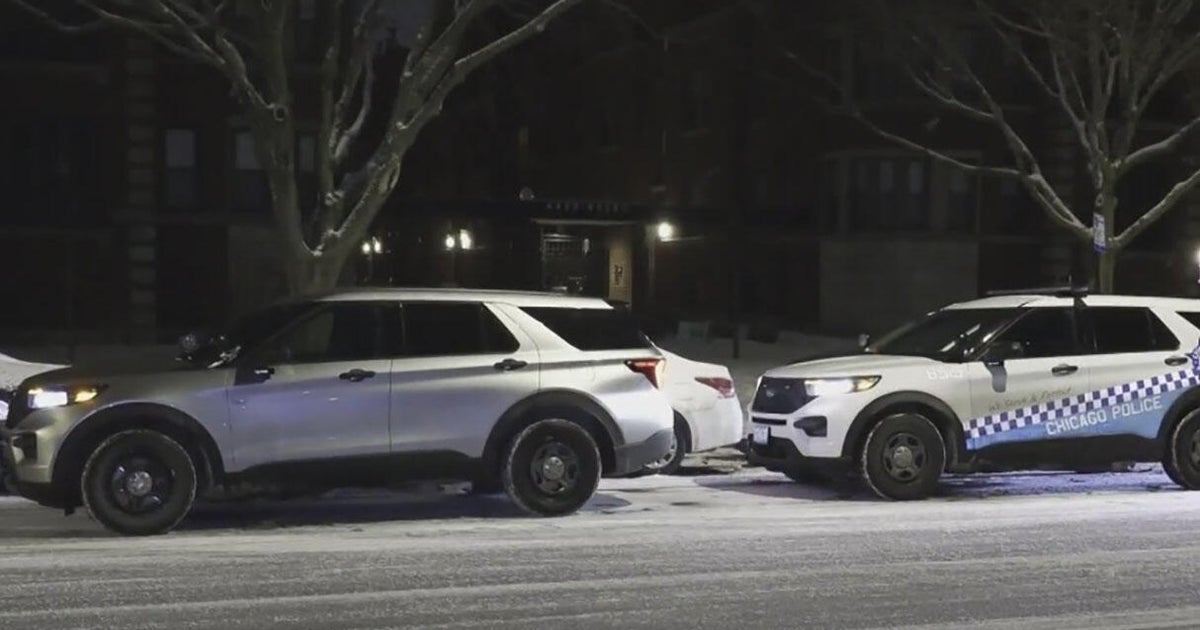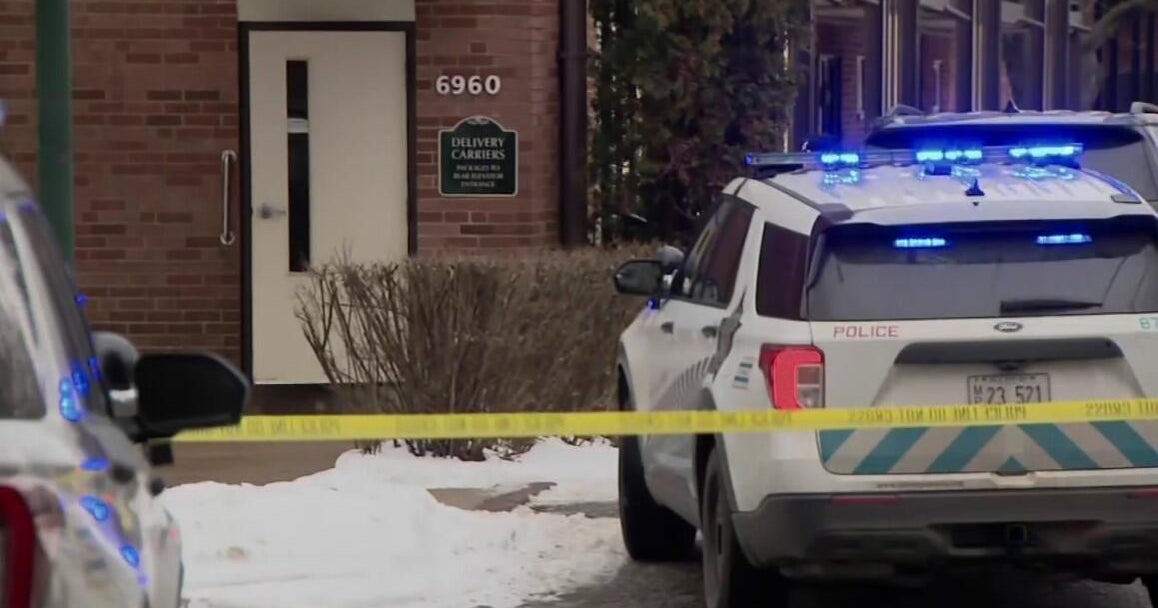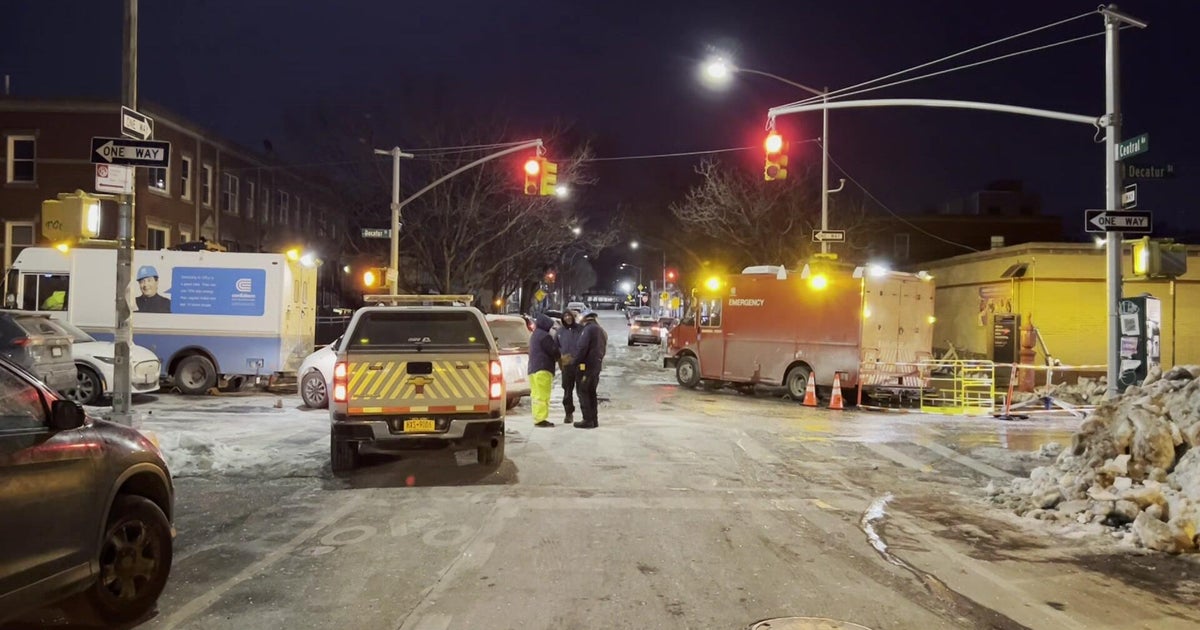Is Chicago sinking? Yes, and underground "heat islands" are to blame, study finds
CHICAGO (CBS) -- As if buckets of rain and flooding weren't enough, Chicago is sinking.
That is the conclusion of a study by Northwestern University investigating the effects of warming underground temperatures in urban areas.
Researchers used the Chicago Loop to study so-called "heat islands" underground.
With a 3-D computer model and data from 150 temperature sensors installed across the Loop by Northwestern researchers, the study was able to locate deformities caused by underground climate change.
"We used Chicago as a living laboratory, but underground climate change is common to nearly all dense urban areas worldwide," Rotta Loria said in a Northwestern press release. "And all urban areas suffering from underground climate change are prone to have problems with infrastructure."
In Chicago, the ground is filled with clay, which Rotta Loria said can contract as temperatures increase, just like other soil types. So as the temperatures increase, it's causing building foundations in the city to undergo "unwanted settlement, slowly but continuously."
In many urban areas, heat from buildings and underground transportation causes the ground to warm. Previous researchers have found that the surface beneath cities warms by 0.1 to 2.5 degrees Celsius per decade.
Northwestern installed temperature sensors in the basements of buildings, subway tunnels, underground parking garages, and subsurface streets like Lower Wacker Drive. The team also buried sensors in Grant Park, away from buildings and underground transportation systems.
Data found underground temperatures beneath the Loop are often 10 degrees Celsius warmer than temperatures beneath Grant Park.
Air temperatures in underground structures can be up to 25 degrees Celsius higher than the undisturbed ground temperature. When the heat diffuses toward the ground, it stresses materials that expand and contract.
"It's not like a building will suddenly collapse, Rotta Loria said. "Things are sinking very slowly."
"It's very likely that underground climate change has already caused cracks and excessive foundation settlements that we didn't associate with this phenomenon because we weren't aware of it."
Rotta Loria said it would be possible to harvest waste heat and deliver it to buildings for space heating. Planners could also install thermal insulation on new and existing buildings to minimize the heat that enters the ground.








